detail profile safaa al toukhy
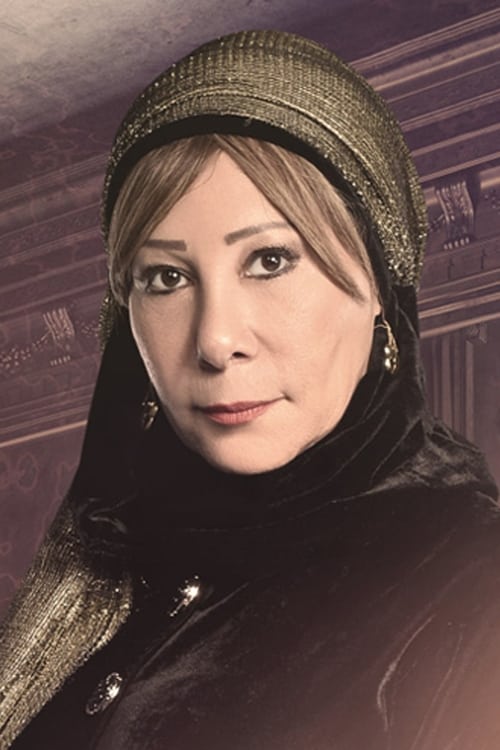
Safaa Al Toukhy
صفاء الطوخي
atau dikenal sebagai
Riwayat Hidup
Actress Safaa El Tokhi (full name Safaa Abdallah Mohammed El Tokhi) was born in Cairo on February 8, 1964.
El Tokhi comes from an artistic family; her father Abdallah El Tokhi and mother Fatheya El Assal are famous writers.
Safaa El Tokhi studied at Higher Institute of Dramatic Arts from which she graduated with a Bachelor’s Degree in 1985.
At the beginning of her career, Safaa El Tokhi worked as a writer, and in 1995 worked at the Institute of National Culture.
Safaa El Tokhi began her acting career in 1979 with the television serial The Researcher; even though she was trained as a stage actress, she only acted in one play The Drunken Days in 1999.
She acted in several films, among them The Difficult Time, The Emigrant, and Bekhit and Adila.
From Safaa El Tokhi’s most famous television performances are El Helmyia Nights, Mahmoud El Masry and The Case of Public Opinion with the star, Yousra.
Info Pribadi
Peran Yang Di Mainkan Safaa Al Toukhy
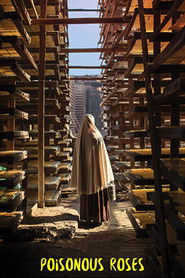 Set in the confines of an...
Set in the confines of an...Poisonous Roses 2018
Set in the confines of an impoverished Cairo neighborhood, a community's everyday life is threatened by the ruthless rhythms of Tanneries, rotary driers crushing animal skin, hazards of poisonous waste water, Tahyea desperately clings to her brother, Saqr, whose only dream is to escape.
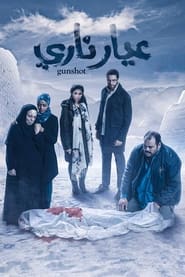 After a clash between a group...
After a clash between a group...Gunshot 2018
After a clash between a group of demonstrators and the security forces, one of the bodies of this clash is returned to the morgue with seven other bodies. The forensic doctor, Yassin Al-Manstarli, writes his medical report after examining the body and states that the victim was shot at close range, unlike the other bodies and the problems begins when this medical report leaks to the media.
 A family and businessman Adam is...
A family and businessman Adam is...Son of Adam 2018
A family and businessman (Adam) is accused of running a criminal empire while he denies the accusation by being the one who take criminals down.
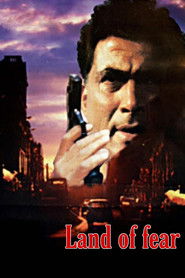 A story about a police officer...
A story about a police officer...Land of Fear 2000
A story about a police officer who was assigned to a secret mission as an undercover drug dealer, with the license to kill, deal in drugs, and do whatever is required for his identity to remain secret, with the ultimate purpose of reporting back to his supervisors. Gradually, after years of losing grip over his mission and purpose, realising that being a drug dealer has become his true identity, and that he hasn't heard back once from his supervisors, he then goes and tries to contact them back, only to realise that the designated postman had never delivered back any of the reports to his supervisors, let alone is aware that they exist.
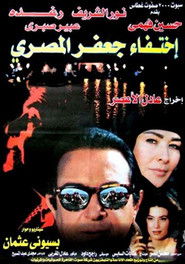 Jafar AlMasrys empire is about to...
Jafar AlMasrys empire is about to...The Disappearance of Jaafar Al-Masri 1998
Jafar Al-Masry's empire is about to collapse, the devil asks him to kill in exchange for saving him from bankruptcy. Jaafar agrees and kills the hunter Hammam. But guilt drives Jaafar to search for the village of Hammam, and he starts to get to know his relatives and wife Halima.
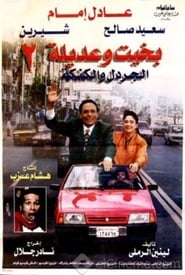 The second part of Lenin alRamly...
The second part of Lenin alRamly...Bakhit and Adeela 2 1997
The second part of Lenin al-Ramly and Nader Galaal’s trilogy “Bekheet and Adeela”. A gang of drugs dealers finances Bekheet and Adeela’s parliament campaign. At the end, Bekheet and Adeela figured out that the gang has its hidden agenda, they enter the elections as independents, become members and finally overcome the gang.
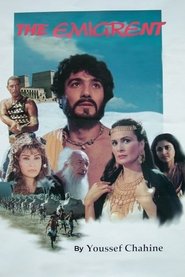 The biblical tale of Joseph is...
The biblical tale of Joseph is...The Emigrant 1994
The biblical tale of Joseph is told from an Egyptian perspective in this interesting character study. In this film, Joseph is called Ram. Ram, tired of his family's backward superstitious life, and tired of being picked on by his brothers, wants to go to Egypt to study agriculture. His brothers travel with him across Sinai, but then suddenly sell him to Ozir, an Egyptian who works for a Theban military leader, Amihar. Amihar is impressed by Ram's drive and personal charm and so grants Ram some desolate land outside the capital. Ram soon finds himself a pawn in the political and sexual games between Amihar and his wife Simihit, a high priestess of the Cult of Amun.
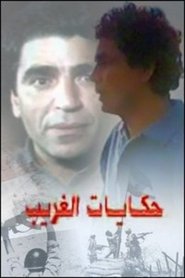 Between the Setback of 1967 and the...
Between the Setback of 1967 and the...Stories of an Estranged 1992
Between the Setback of 1967 and the glorious October War, Abdel Rahman feels despair following the defeat of his homeland as he witnesses the changes that occurred to the people and their journey from despair to determination to restore their land and dignity.
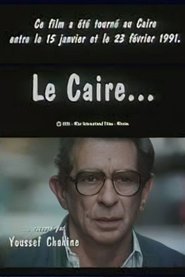 This concise masterpiece began as a...
This concise masterpiece began as a...Cairo as Told by Youssef Chahine 1991
This concise masterpiece began as a commission by French TV for the news series Envoyé spécial. By filming Cairo with his unique sense of artistic digression, Chahine transformed this portrait of a city into the self-portrait of a filmmaker.
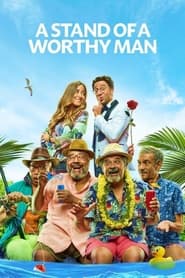 A comedy about a group of...
A comedy about a group of... An exgoalkeeper starts working as a...
An exgoalkeeper starts working as a...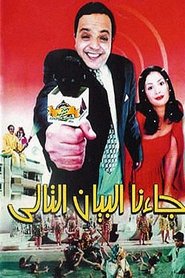 Nader saif eldeen and Afet elsherbiny...
Nader saif eldeen and Afet elsherbiny...